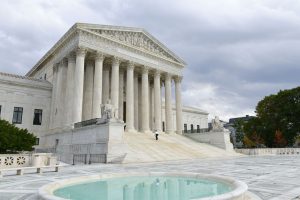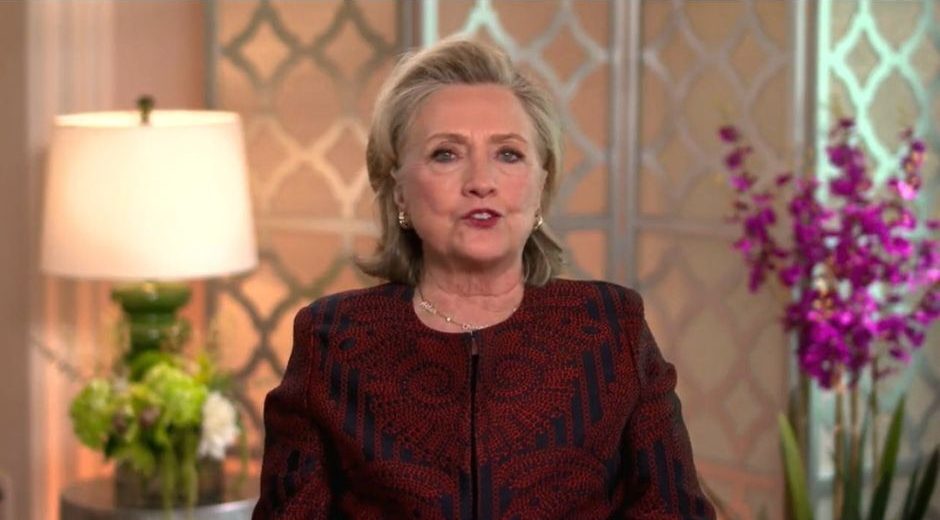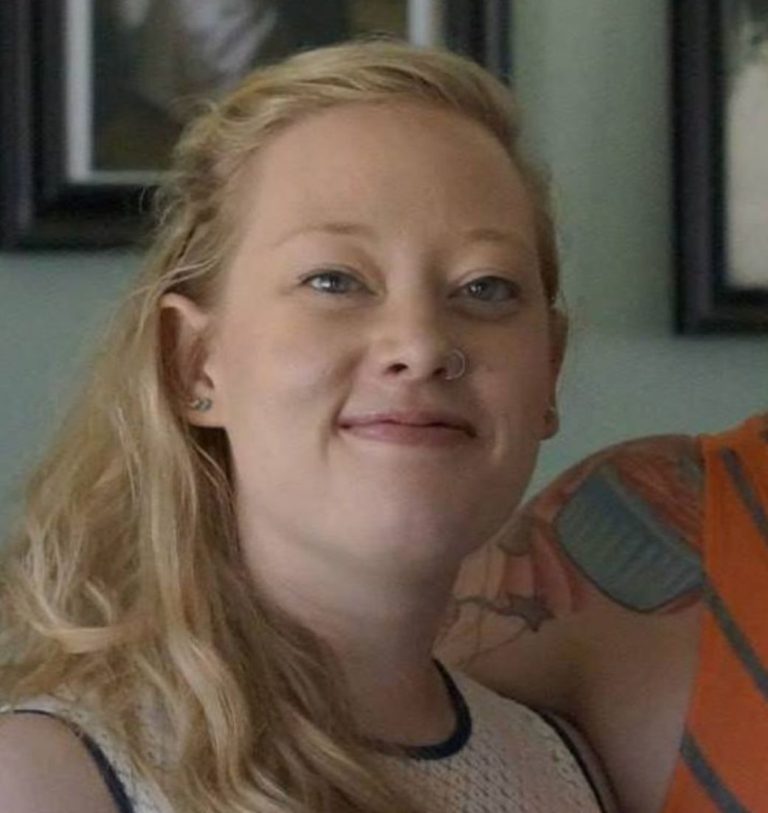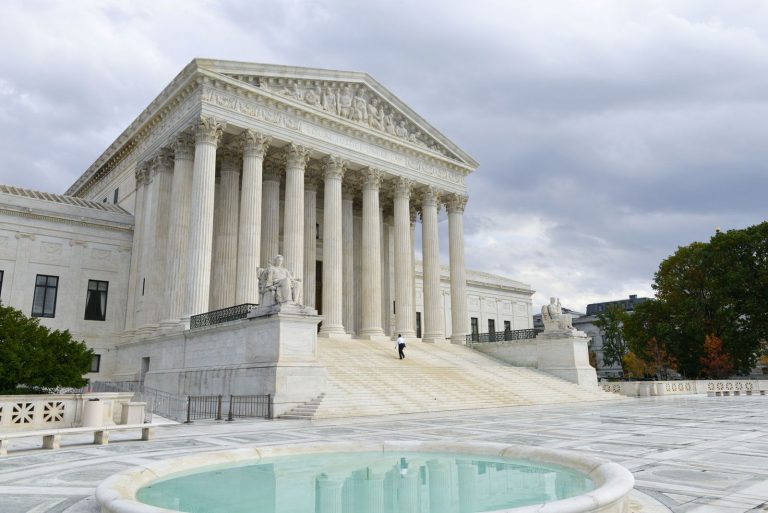NOTE: VIDEO AT THE END OF ARTICLE
Federal Court Tosses Meme Creator’s Conviction in Major Free Speech Case
A federal appeals court has overturned the conviction of Douglass Mackey, the man behind the “Ricky Vaughn” account, who had been sentenced to seven months in prison for sharing a satirical meme during the 2016 election. The unanimous decision from the 2nd U.S. Circuit Court of Appeals marks a key moment in the ongoing debate over political speech and internet censorship.
In a ruling released Tuesday, the court found that the government failed to prove Mackey had knowingly conspired to suppress votes. The Biden administration had charged Mackey under 18 U.S.C. § 241—a law historically associated with violent voter suppression during the Jim Crow era.
The meme in question encouraged Hillary Clinton supporters to “Vote from Home” by texting “Hillary” to a fake number. According to trial evidence, around 5,000 people interacted with the post, but most received an automated message clarifying that the text was not affiliated with the Clinton campaign.
Despite this, the Department of Justice claimed Mackey’s meme was a form of election interference. They argued that Mackey worked with others online to spread similar content designed to mislead voters. However, the appeals panel disagreed.
In the decision, the judges—appointed by both Democrat and Republican presidents—ruled that there was no evidence Mackey entered into any criminal agreement or that anyone was actually prevented from voting. “No evidence at trial showed that Mackey’s tweets actually misled anyone into improperly casting their vote,” the ruling stated.
Legal analysts say the court’s stance may limit future efforts to prosecute online satire and misinformation under federal conspiracy statutes. “This sets a powerful precedent for First Amendment protections in the digital age,” said attorney David French, a longtime constitutional law expert.
Following the ruling, Mackey took to X (formerly Twitter) to share the news:
“BREAKING: THE SECOND CIRCUIT COURT OF APPEALS HAS THROWN OUT MY CONVICTION FOR LACK OF EVIDENCE… HALLELUJAH!”
He continued, “Praise God. God is good,” thanking his legal team and followers:
“To my wife, my attorney Andrew Frisch, the team at Jones Day, and every single person who stood by me: thank you.”
Mackey also hinted at future legal action against those involved in the prosecution:
“Now we sue.”
The case had become a rallying point for critics of the Biden DOJ, who claimed the administration was using law enforcement to target political speech online. With the ruling now in place, many view it as a major blow to overreach and a win for free expression—no matter how controversial.
Key Takeaway:
The court’s decision reinforces that bad memes, even if misleading, aren’t criminal—unless they’re part of an actual conspiracy. In Mackey’s case, that threshold wasn’t met.

Sarah Mitchell is a bestselling novelist recognized for her insightful and emotionally resonant stories that explore the complexities of human relationships. Originally from Denver, Colorado, Sarah grew up in a family of teachers who nurtured her curiosity and love for storytelling. She studied psychology at Stanford University, where she became fascinated by the intricacies of human behavior—an interest that would later shape her writing career. Sarah’s novels are praised for their nuanced characters, intricate plots, and ability to capture the subtle tensions that define love, friendship, and family ties. Her breakthrough novel, The Spaces Between Us, became an instant bestseller, lauded for its honest portrayal of strained family relationships and the fragile bonds that hold people together. Since then, she has published several works that continue to captivate audiences around the world. Outside of her writing career, Sarah is passionate about mental health advocacy and often partners with organizations to promote awareness and support for those struggling with emotional well-being. Her personal life is quieter—she enjoys hiking in the Colorado mountains, practicing yoga, and spending time with close friends. With each new book, Sarah Mitchell cements her reputation as a writer who illuminates the beauty and struggles of human connection.








